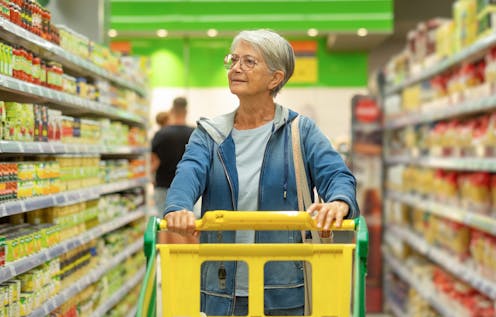Australia is dragging its feet on healthy eating. In 5 years we've made woeful progress
- Written by Gary Sacks, Associate Professor, Deakin University

Australia is falling behind other countries in addressing the unhealthy state of our diets.
Several other countries, including the United Kingdom, Canada and Mexico, have recently taken major steps to help improve population nutrition and prevent obesity.
But our latest assessment[1], released as part of the International Congress on Obesity[2], has found major holes in Australian government policy relative to international best practice, with limited policy progress in the past five years.
What we assessed?
Our assessment of the federal government included a scorecard of how Australia is going in 50 policy areas for addressing unhealthy diets. These policy areas include key influences on what we buy and what we eat, including policies that affect the price and affordability of different foods, the types of food available, how food is labelled, and the way food is promoted.
We worked closely with government officials to document current action in each policy area. We then assessed how existing policies compared to international benchmarks.
Finally, we made recommendations to address the gaps, prioritising them based on their relative importance and feasibility. Eighty-four experts from 37 organisations participated in the assessment and prioritisation process.
Read more: No, it’s not just a lack of control that makes Australians overweight. Here’s what’s driving our unhealthy food habits[3]
How does Australia compare to other countries?
We found implementation of globally recommended policies for improving population diets and addressing obesity in Australia falls far short of international best practice.
There has been only limited policy progress in Australia in the past five years.

















